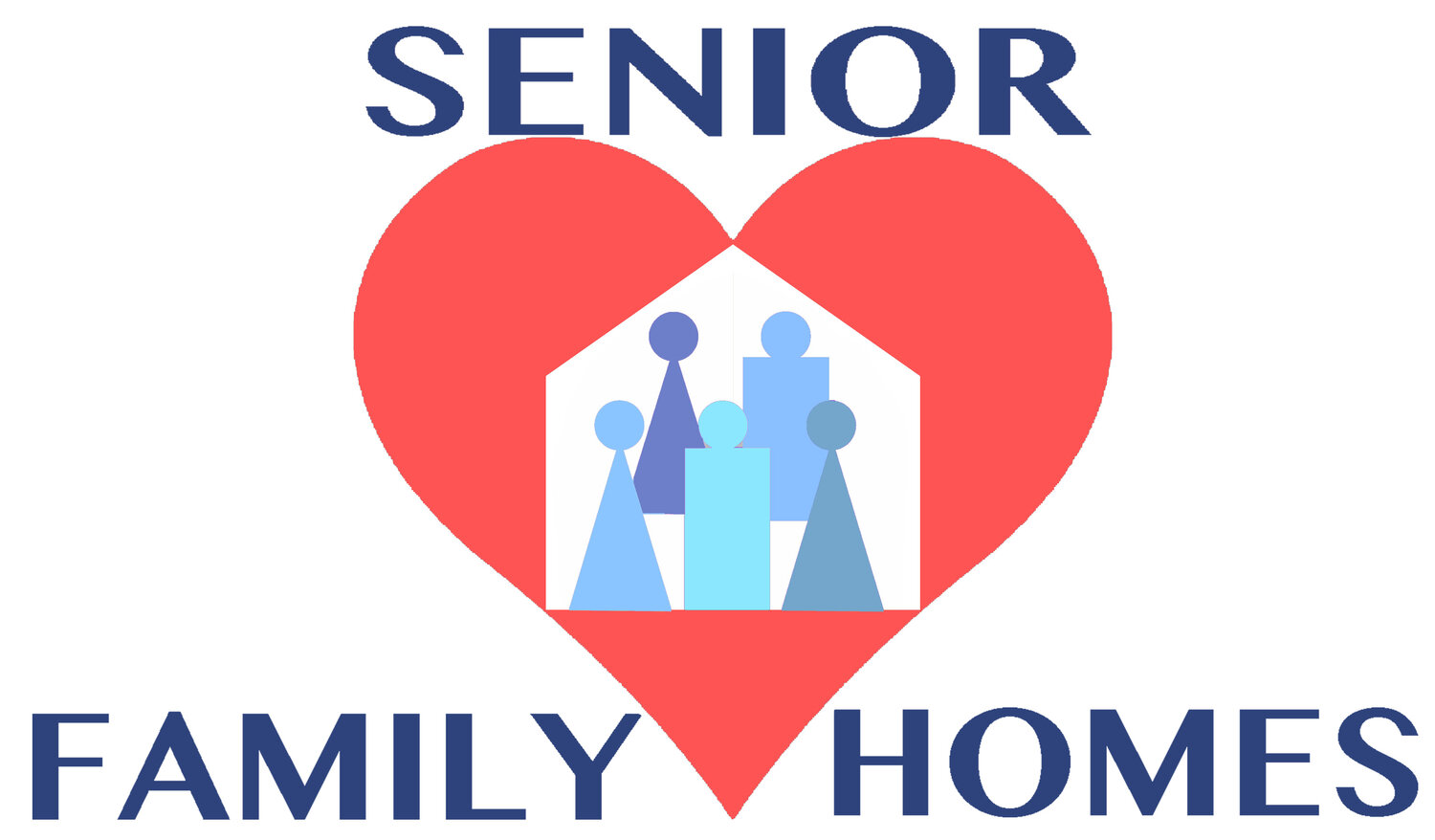Mind Matters: Prioritizing Mental Fitness in Seniors….
As we advance in years, the discourse surrounding the significance of daily physical exercise becomes ubiquitous, underlining its pivotal role in mitigating the risk of prevalent health ailments like heart disease and diabetes. However, paralleling this discourse is an equally imperative one concerning mental fitness and its profound impact on both our physical and cognitive well-being. Mental fitness, as defined by Healthline, encompasses the holistic health of our cognitive faculties and emotional equilibrium. Analogous to the regimen we adhere to for physical fitness, experts advocate for a similar commitment to mental exercises, with brain games emerging as a prominent avenue for bolstering cognitive prowess.
Research, such as The Advanced Cognitive Training for Independent and Vital Elderly study, corroborates the efficacy of consistent mental workouts in honing specific cognitive skills. For instance, participants dedicated to problem-solving exercises witnessed tangible improvements in their aptitude for such tasks, mirroring the outcomes observed among individuals engaged in focus, visual searches, and memory training.
In the context of senior communities like Inspir Carnegie Hill, activities such as mahjong and poker serve as not only recreational pursuits but also as potent cognitive stimulants. Mahjong, renowned for its intricate strategic demands, imparts a gentle yet effective mental workout, fostering cognitive sharpness among seniors. Moreover, its communal aspect fosters social bonds, alleviating feelings of isolation and nurturing emotional well-being. Similarly, poker transcends mere chance, offering a strategic mental challenge that bolsters decision-making faculties and memory retention. The camaraderie inherent in poker sessions further amplifies its benefits, fortifying emotional resilience and combating loneliness among participants.
Puzzles and brain games emerge as quintessential tools for enhancing mental acuity among older adults, offering a blend of entertainment and cognitive fortification. Ipsos survey data underscores the widespread appeal of such activities, with a significant proportion of adults engaging in puzzles regularly. Sudoku, Braingle, Wordle, jigsaw puzzles, Rubik’s cube, and crossword puzzles are lauded for their cognitive benefits, catering to diverse preferences and skill levels.
In essence, the pursuit of mental fitness emerges as an indispensable component of healthy aging, complementing the emphasis on physical well-being. Through engaging in brain games, seniors not only fortify their cognitive faculties but also cultivate a sense of camaraderie and emotional resilience, enriching their overall quality of life.
Source: https://inspirseniorliving.com/senior-living-resources/mental-fitness-how-puzzles-and-games-can-improve-mental-function


